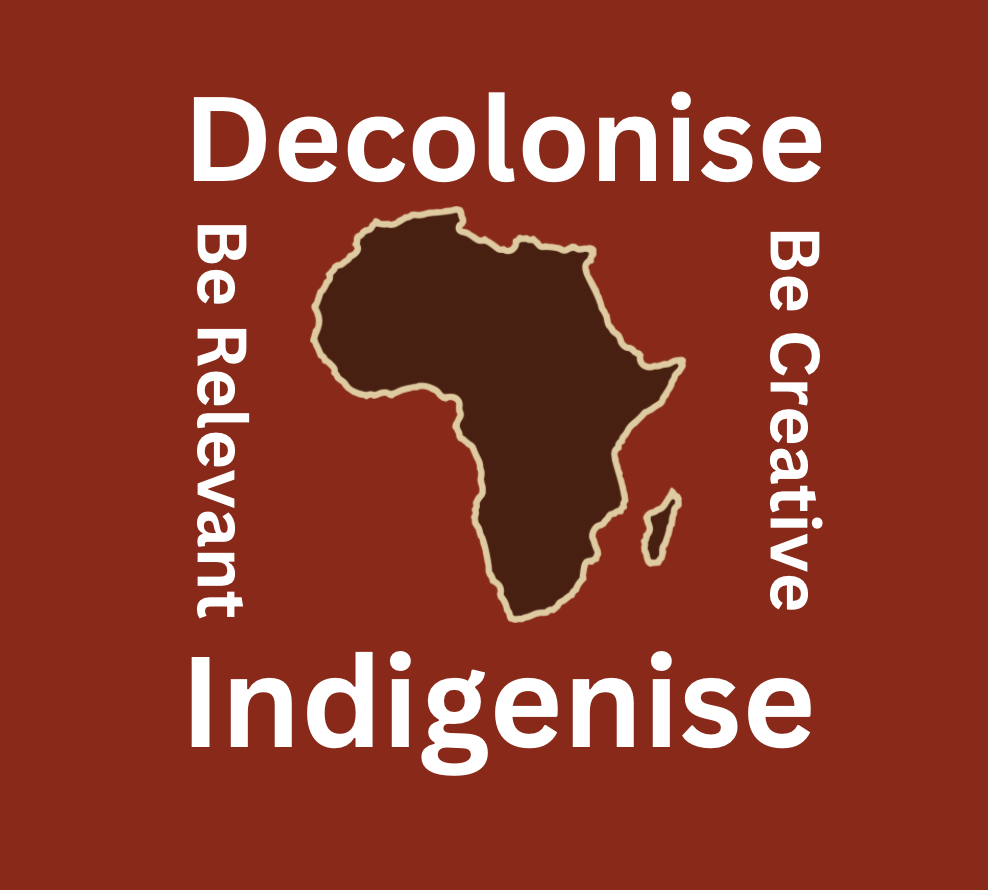
Dead aid or development? A critique of Gates Foundation’s charitable interventions in agriculture and the environment, and implications for developmental and environmental social work
The Gates Foundation is a major influencer and funder of agricultural ‘development’ in Africa, yet there are no avenues to hold the foundation accountable to the communities it influences. Gates Foundation is the main funder of the controversial AGRA program (formerly the Alliance for a Green Revolution in Africa). AGRA rebranded after evidence-based critiques showed that its 15-year effort to expand high-input, chemical-dependent monoculture farming in Africa has failed to provide food security, despite billions in funding from private donors and government subsidies. Critics say the “green revolution” approach is exacerbating hunger, worsening inequality and entrenching the power of outside corporate agribusiness interests in the hungriest regions of the world.
The Gates Foundation’s flagship agricultural program, AGRA, works to transition farmers away from traditional seeds and crops to patented seeds, fossil-fuel based fertilizers and other inputs to grow commodity crops for the global market. The foundation says its goal is to “boost the yields and incomes of millions of small farmers in Africa… so they can lift themselves and their families out of hunger and poverty.” The strategy is modeled on the Indian “green revolution” that boosted production of staple crops but also left a legacy of structural inequity and escalating debt for farmers that contributed to massive mobilizations of peasant farmers in India.
“Gates Foundation’s support for the expansion of intensive industrial scale agriculture is deepening the humanitarian crisis.”Letter from African faith leaders
Evidence suggests that the green revolution has failed to improve health or reduce poverty and has created many problems. These include hooking farmers in a debt cycle with expensive inputs, growing pesticide use, environmental degradation, worsening soil quality, reduced diversity of food crops, and increased corporate control over food systems.
Several recent research reports provide evidence that Gates-led agricultural interventions in Africa have failed to help small farmers. Critics say the programs may be worsening hunger and malnutrition in Southern Africa.
Read more from U.S. Right to Know, Pursuing truth and transparency for public health
Implications for developmental and environmental social work
- Our indigenous knowledge matters, it preserves our culture and the environment.
2. Confirmation of dead aid theory, donor interests are always at the forefront, not poverty alleviation.
Indigenous knowledge under threat
The Gates Foundation’s AGRA programme disregards indigenous knowledge that has supported African agriculture for generations. Traditional methods like crop rotation, intercropping and seed preservation maintain ecological balance and cultural traditions. However, AGRA’s promotion of commercial seeds, chemical fertilisers and single-crop farming displaces these sustainable practices while burdening farmers with debt. This approach prioritises corporate interests over local wisdom, undermining food sovereignty and creating harmful dependencies. The programme demonstrates how donor priorities consistently override genuine poverty alleviation.
The dead aid reality
AGRA perfectly illustrates the failures of top-down aid. Despite massive funding, hunger has worsened in the programme’s target countries, revealing fundamental flaws in its model. Such initiatives primarily serve corporate profits rather than community needs. Social workers must advocate for agroecological solutions led by farmers themselves, rejecting destructive external interventions. True progress requires respecting indigenous systems and empowering local communities, not imposing foreign agendas that exploit Africa’s resources while claiming to help.
Use the form below to subscibe to Owia Bulletin.
Discover more from Africa Social Work & Development Network | Mtandao waKazi zaJamii naMaendeleo waAfrika
Subscribe to get the latest posts sent to your email.


